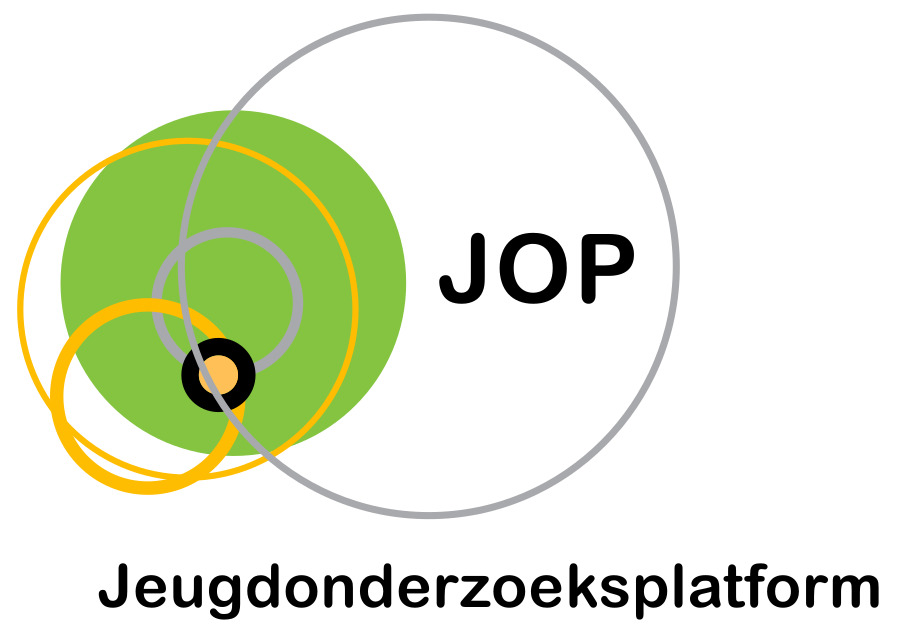Distance Learning and School-Related Stress Among Belgian Adolescents During the COVID-19 Pandemic.
Auteurs
De Coninck, D., Matthijs, K., & Van Lancker, W. (2022).

Abstract
Om het begrip van de gevolgen voor de mentale gezondheid van de verschuiving naar
afstandsonderwijs tijdens de COVID-19-pandemie te verbeteren, werd in deze studie onderzocht
welke factoren verband houden met verhoogde schoolgerelateerde stress bij adolescenten. De
steekproef bestaat uit 16.093 adolescenten in de leeftijd van 12 tot 18 jaar die in mei 2020 waren
ingeschreven in het secundair onderwijs in Vlaanderen, België. Stapsgewijze binominale logistische
regressies werden gebruikt om verbanden te onderzoeken tussen de (online) leeromgeving, familieen leeftijdsgebonden factoren en verhoogde stress bij adolescenten. Er werd gecontroleerd voor
sociodemografische kenmerken. De resultaten laten zien dat overbevolking, financiële moeilijkheden
en huiselijk geweld risicofactoren zijn voor verhoogde stress, terwijl sociale steun en geen materiële
deprivatie beschermende factoren zijn. Deze bevindingen suggereren dat, naast het verspreiden van
de benodigde materialen voor afstandsonderwijs, er ook sociale beleidsinspanningen nodig zijn om de
negatieve effecten van afstandsonderwijs te compenseren. Zonder dit kan afstandsonderwijs mogelijk
geen gelijke onderwijskansen en -resultaten opleveren.
To improve our understanding of the mental health consequences of the shift to distance learning
during the COVID-19 pandemic, this study examined which factors are associated with increased
school-related stress in adolescents. The sample consists of 16,093 adolescents, aged 12 to 18, who
were enrolled in secondary education in Flanders, Belgium in May 2020. Stepwise binomial logistic
regressions were used to investigate associations between the (online) learning environment, family-,
and peer-related factors and increased stress in adolescents, controlling for sociodemographic
characteristics. Results show that overcrowding, financial difficulties, and domestic violence are risk
factors for increased stress, while social support and no material deprivation are protective factors.
These findings suggest that, in addition to distributing the necessary materials for distance learning,
also social policy efforts are required to compensate for the negative effects of distance learning.
Without this, distance learning may fail to deliver equal educational opportunities and outcomes.
Referentie
De Coninck, D., Matthijs, K., & Van Lancker, W. (2022). Distance Learning and
School-Related Stress Among Belgian Adolescents During the COVID-19 Pandemic.
Frontiers in Education (Lausanne), 7.
Taal
Engels
Publicatievorm
Tijdschriftartikel
ISBN – DOI
https://doi.org/10.3389/feduc.2022.836123
Trefwoord(en)
COVID-19 pandemic ,remote teaching, adolescents, distance learning, stress
